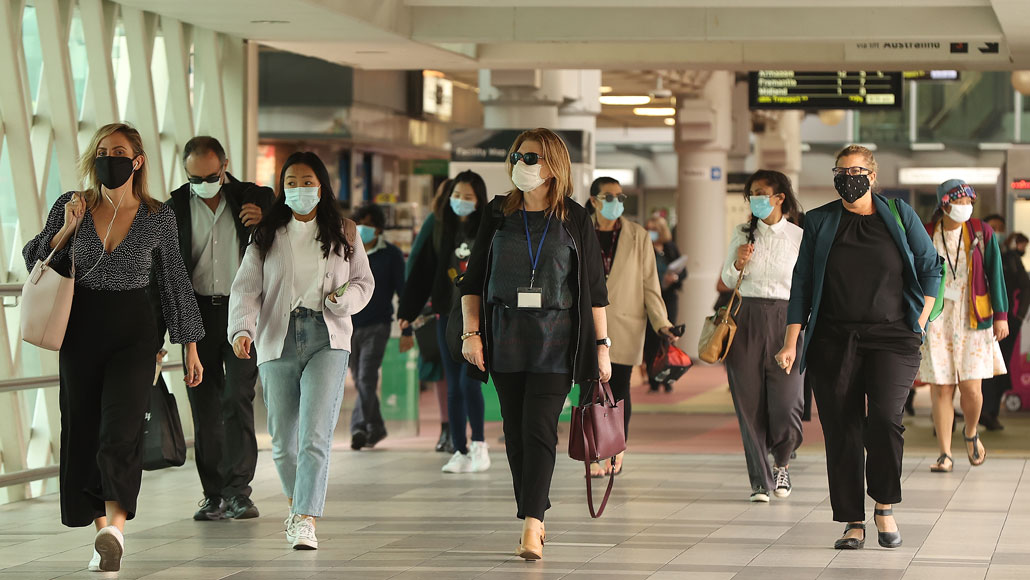You are here
Tips on filtering indoor air to help prevent COVID-19’s spread
Primary tabs
 How cleaning indoor air may prevent the spread of COVID-19 | Science News The size and setup of a room and how the room is used make finding simple ventilation and filtration solutions difficult. Science News
How cleaning indoor air may prevent the spread of COVID-19 | Science News The size and setup of a room and how the room is used make finding simple ventilation and filtration solutions difficult. Science News As restaurants, bars, businesses and schools reopen and mask requirements drop for the fully vaccinated, some people are asking how to bring in customers and students while still preventing COVID-19 infections from spreading. Some scientists and engineers are doing research that may help clear the air, making it safer for everyone to breathe.
Though no one solution works for all places, public spaces need to focus on proper ventilation, air filtration, germicidal ultraviolet lights and air quality monitoring rather than rigorously disinfecting surfaces, say many scientists who cite evidence that the virus lingers in the air.
“This is what’s really frustrating,” says Jose-Luis Jimenez, an aerosol scientist at the University of Colorado Boulder. “We’ve wasted billions and billions of dollars on disinfecting, which doesn’t serve any purpose whatsoever, yet things like having a $50 filter in every classroom, we haven’t done.”
Scientists have hotly debated whether SARS-CoV-2 counts as an airborne virus. While some researchers maintain that coronavirus can be picked up from infected saliva droplets that have landed on surfaces, many others counter that the possibility is a slim one. Touching a contaminated surface has a 1 in 10,000 chance of causing an infection, according to the U.S. Centers for Disease Control and Prevention. So, handwashing and standard cleaning practices are probably enough to eliminate any coronavirus that lands on surfaces or strays to hands.
A wealth of data now suggests that COVID-19 is spread mainly through inhaling fine aerosol particles that can hang in the air for hours, researchers argue in separate publications that appear online April 14 in the British Medical Journal and in the May 1 Lancet. Ten lines of scientific evidence support airborne transmission, the Lancet report says, and little data favor droplets or contact with contaminated surfaces as the primary way the virus is spread. On April 30, the World Health Organization updated its transmission information to acknowledge aerosols as a source of spread.
Learning how to clean the air of potentially virus-laden aerosols could have long-term benefits for health and allow businesses and schools to remain open during future outbreaks. ...
Science News spoke to several researchers who shared tips about easy ways to clean the air, how to gauge whether those steps are working and what to avoid. ...



Recent Comments